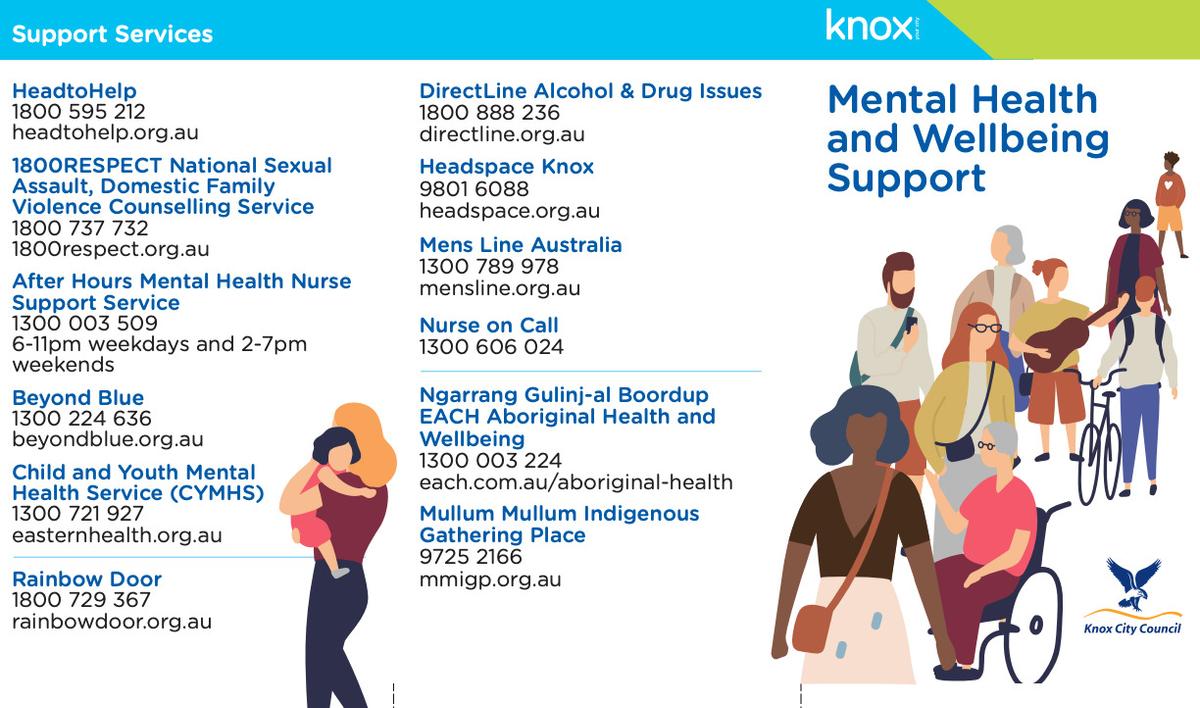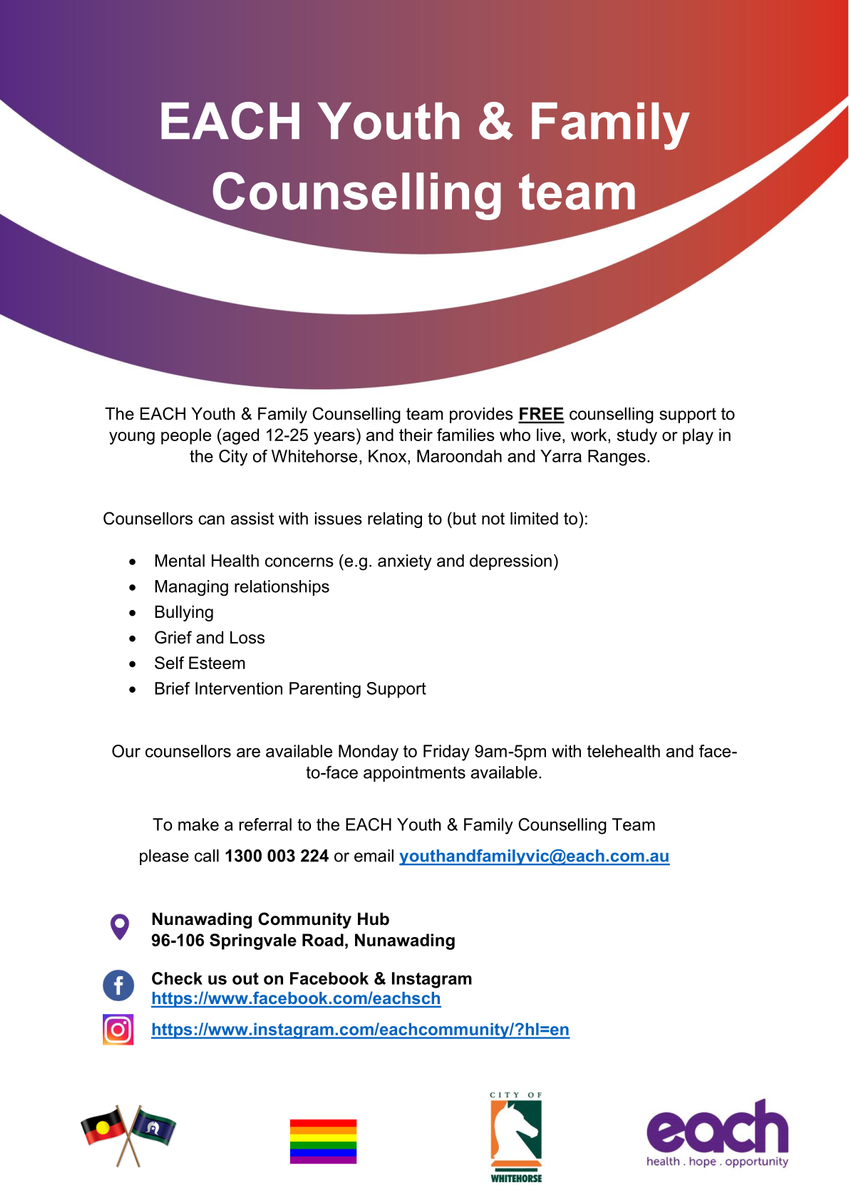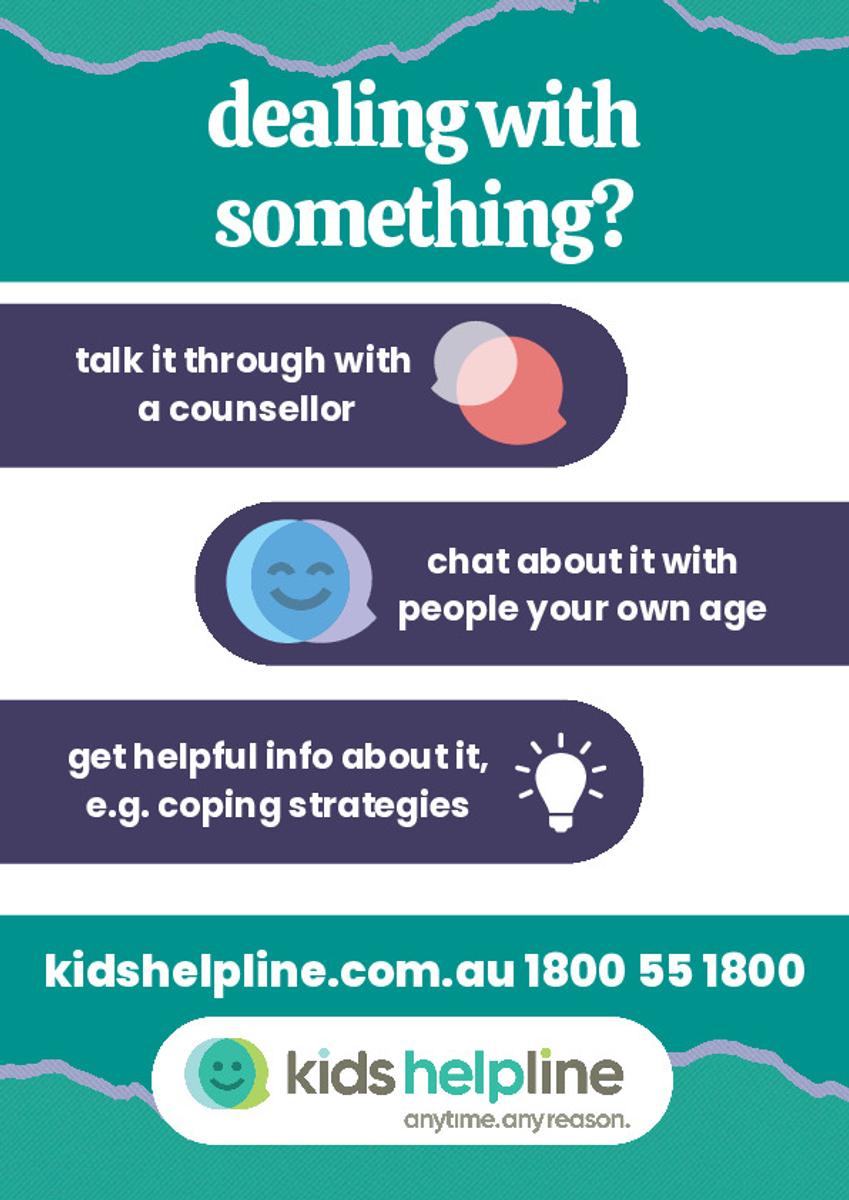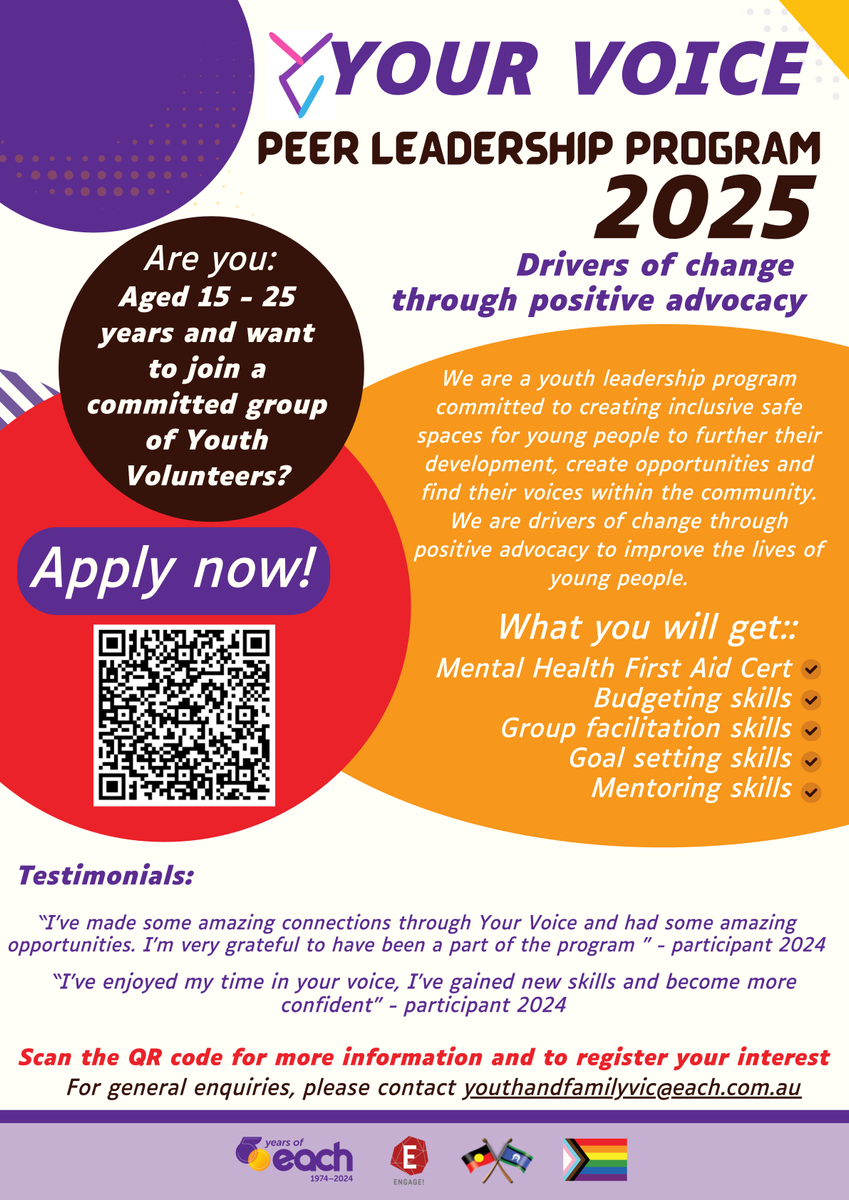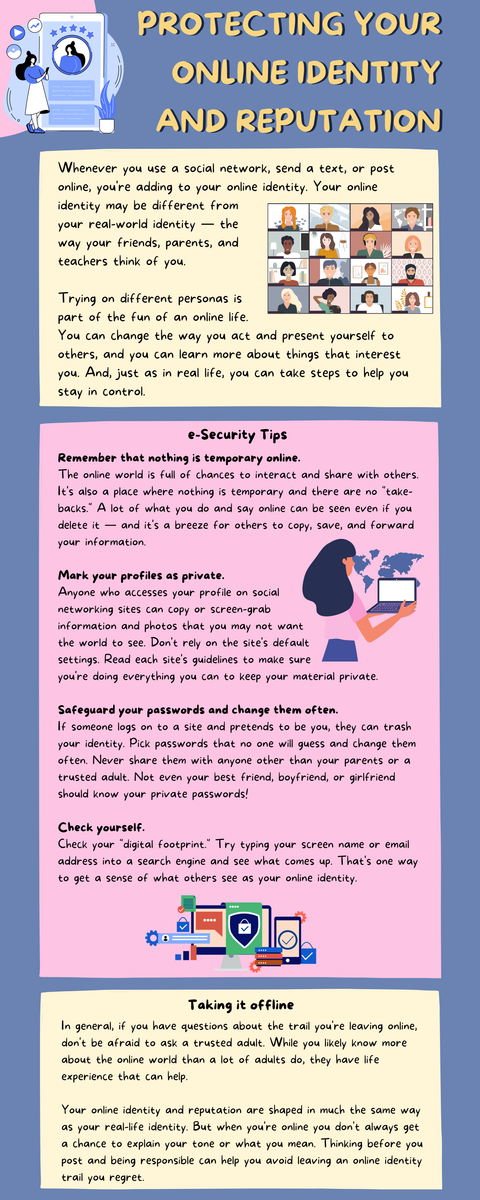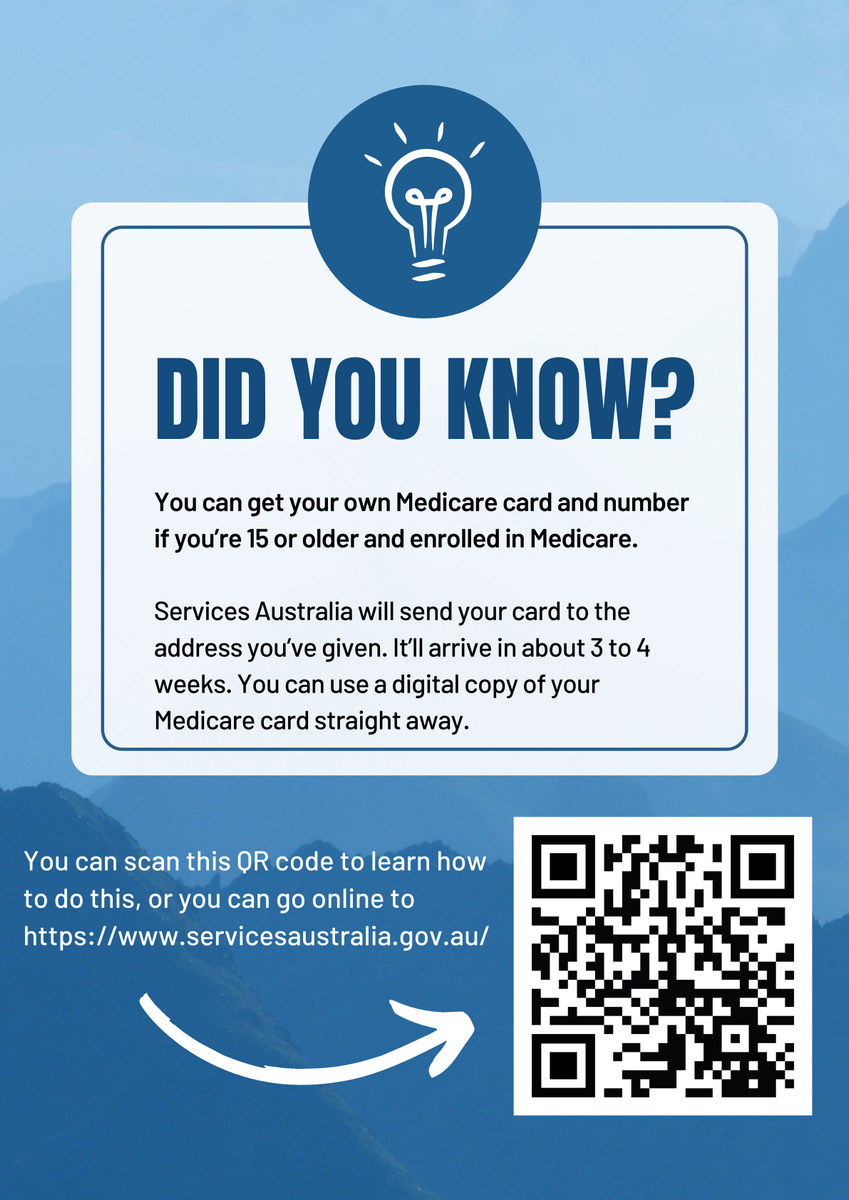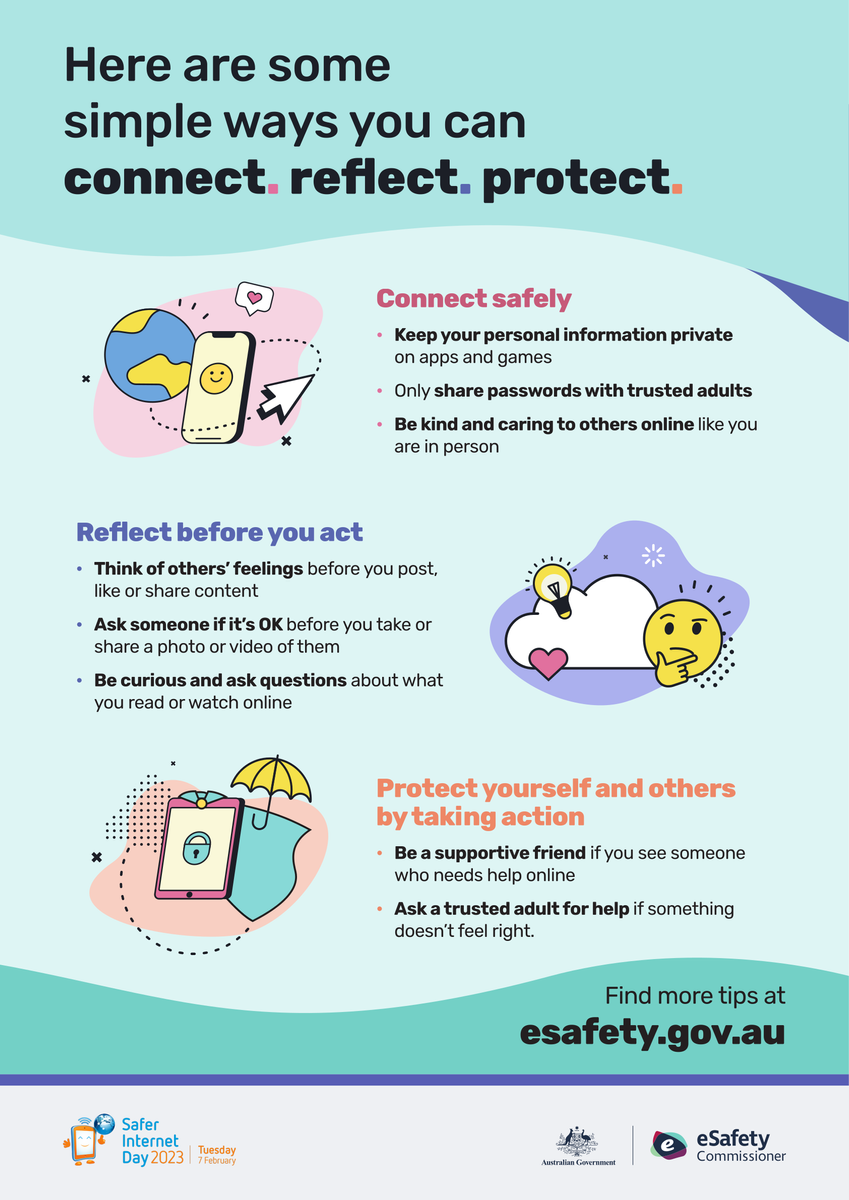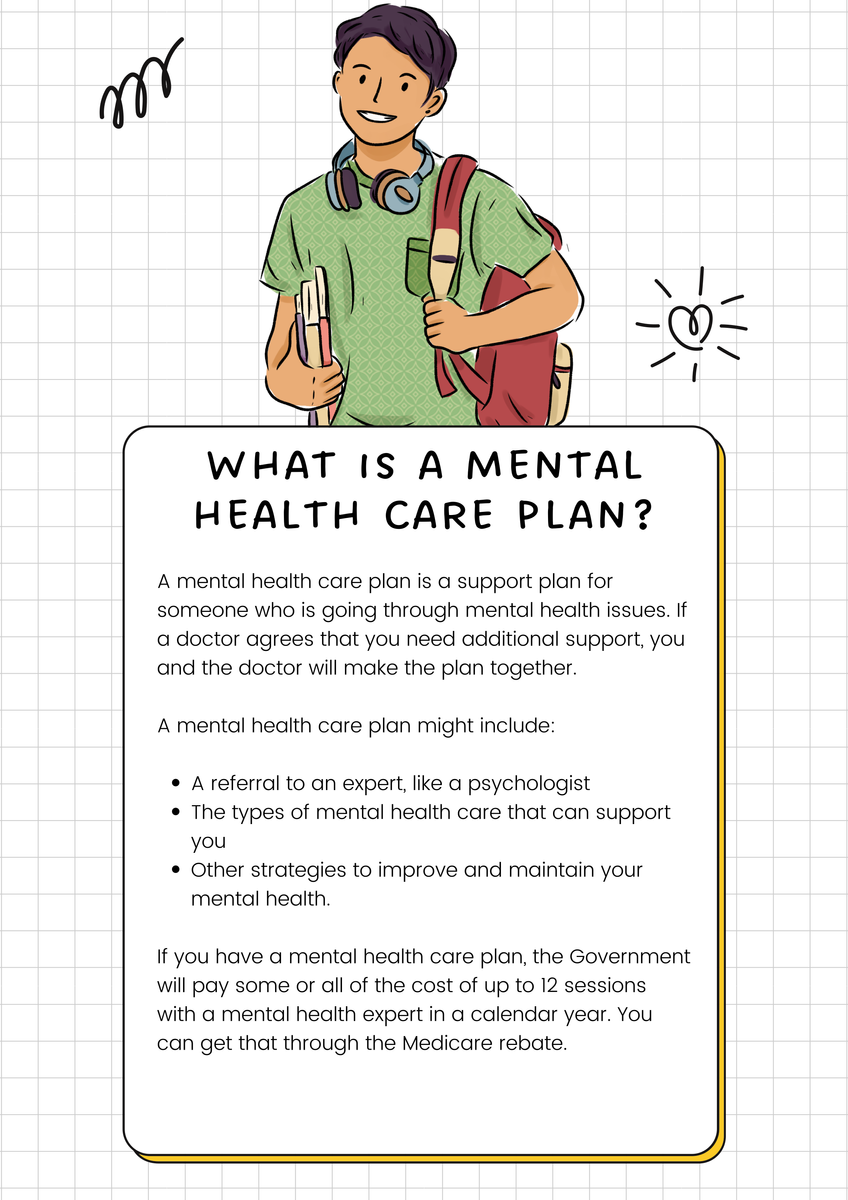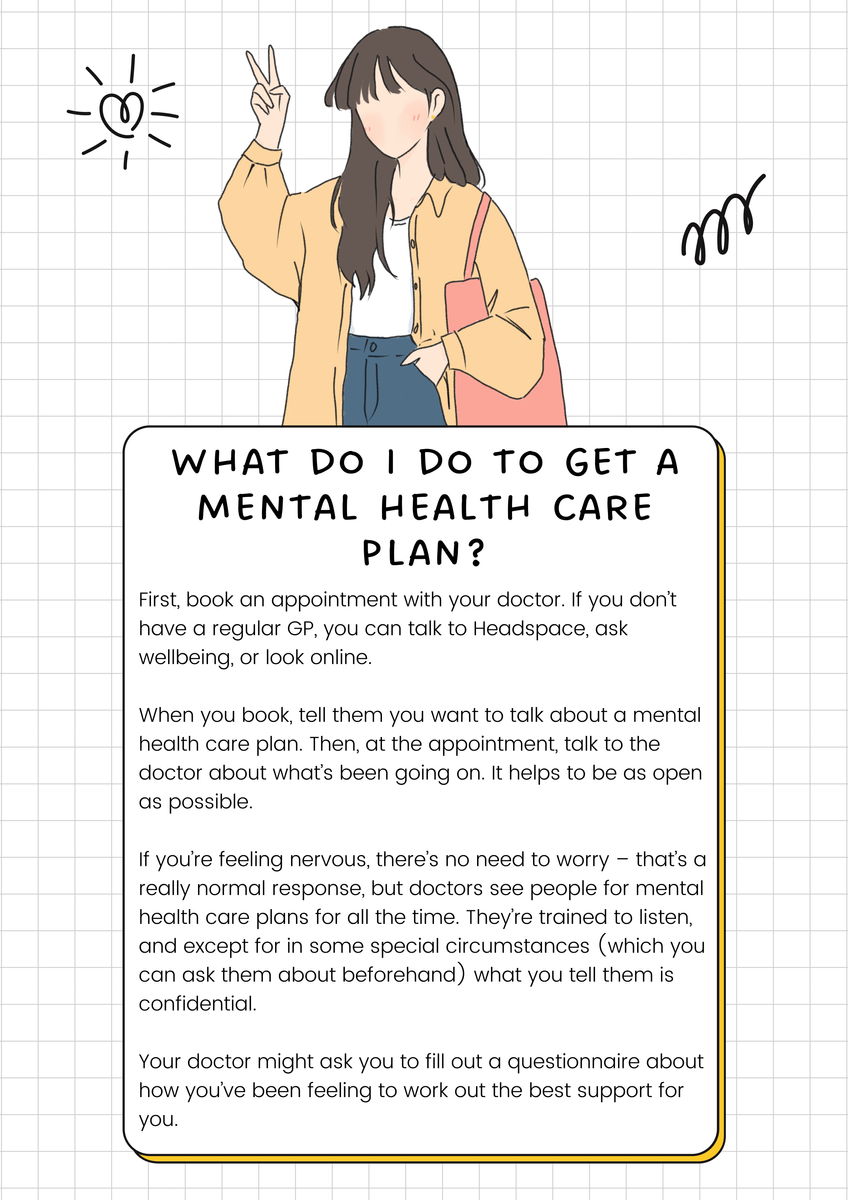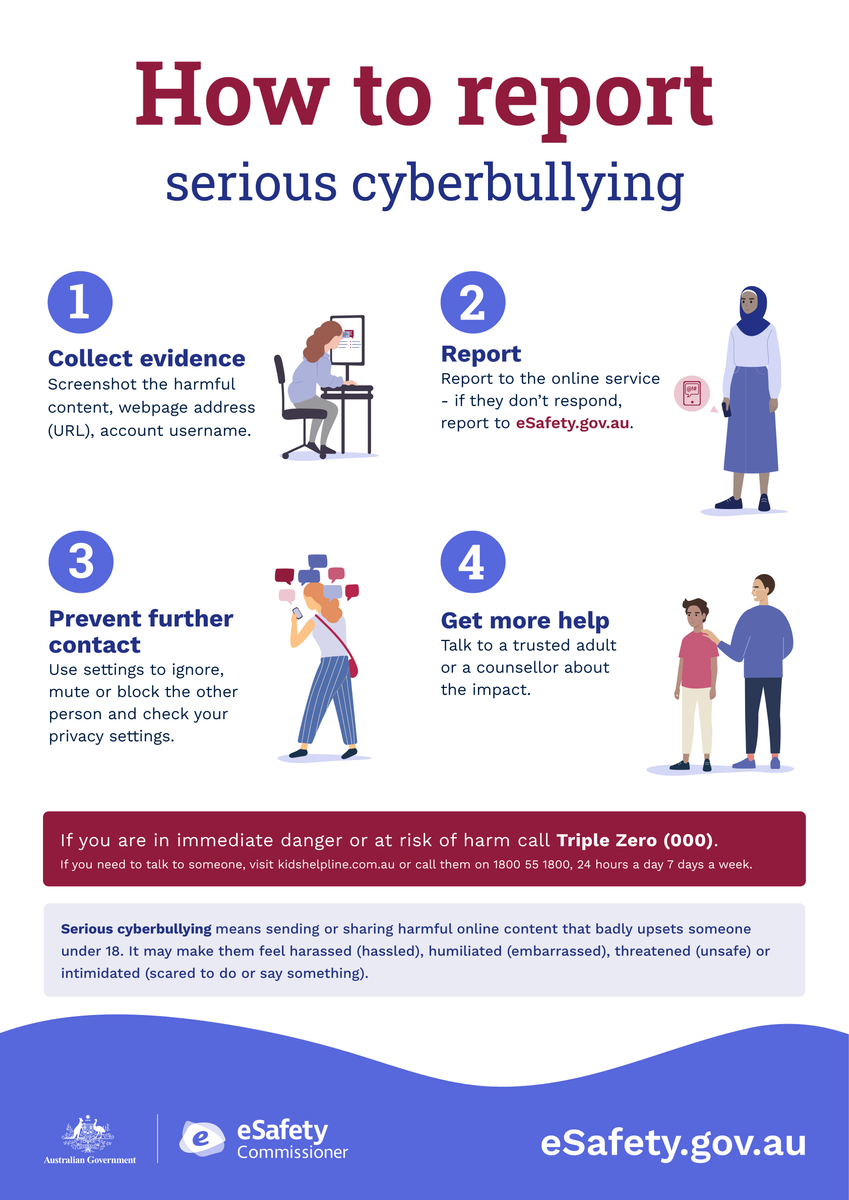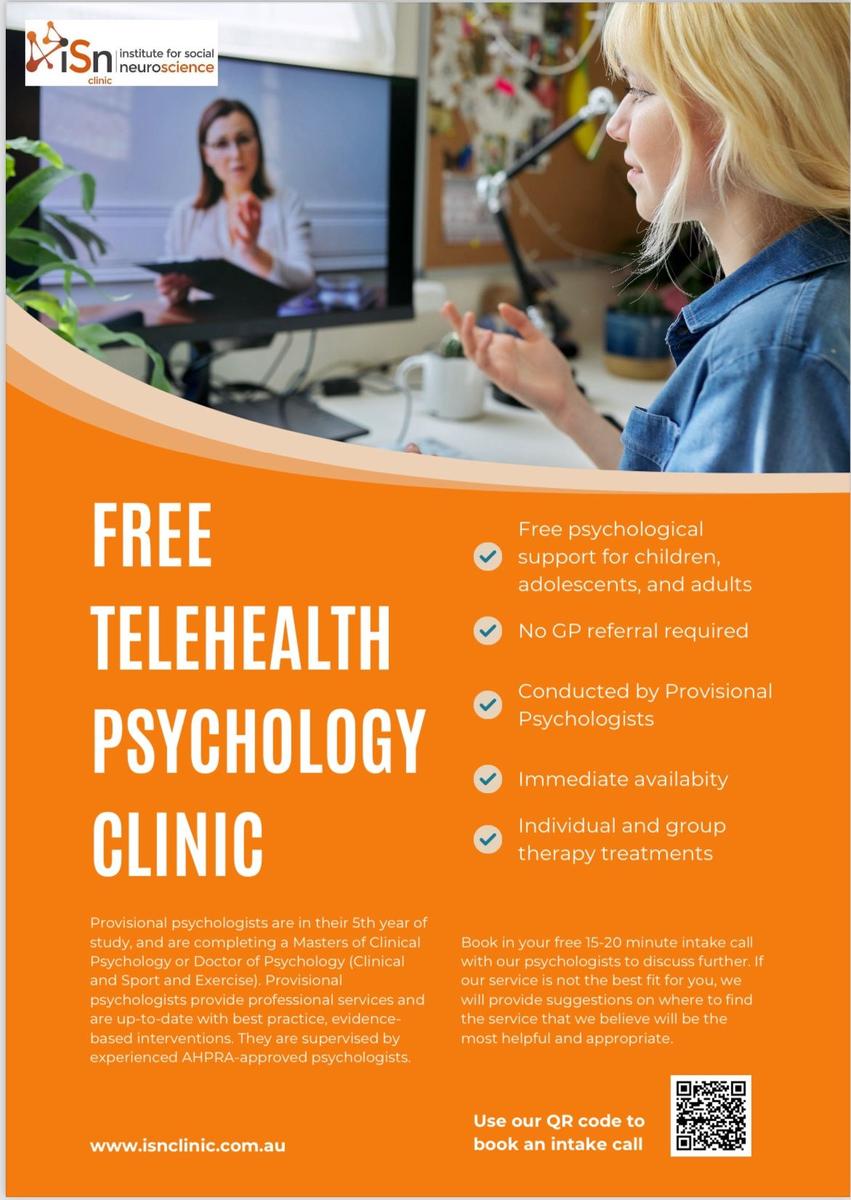Parent Wellbeing
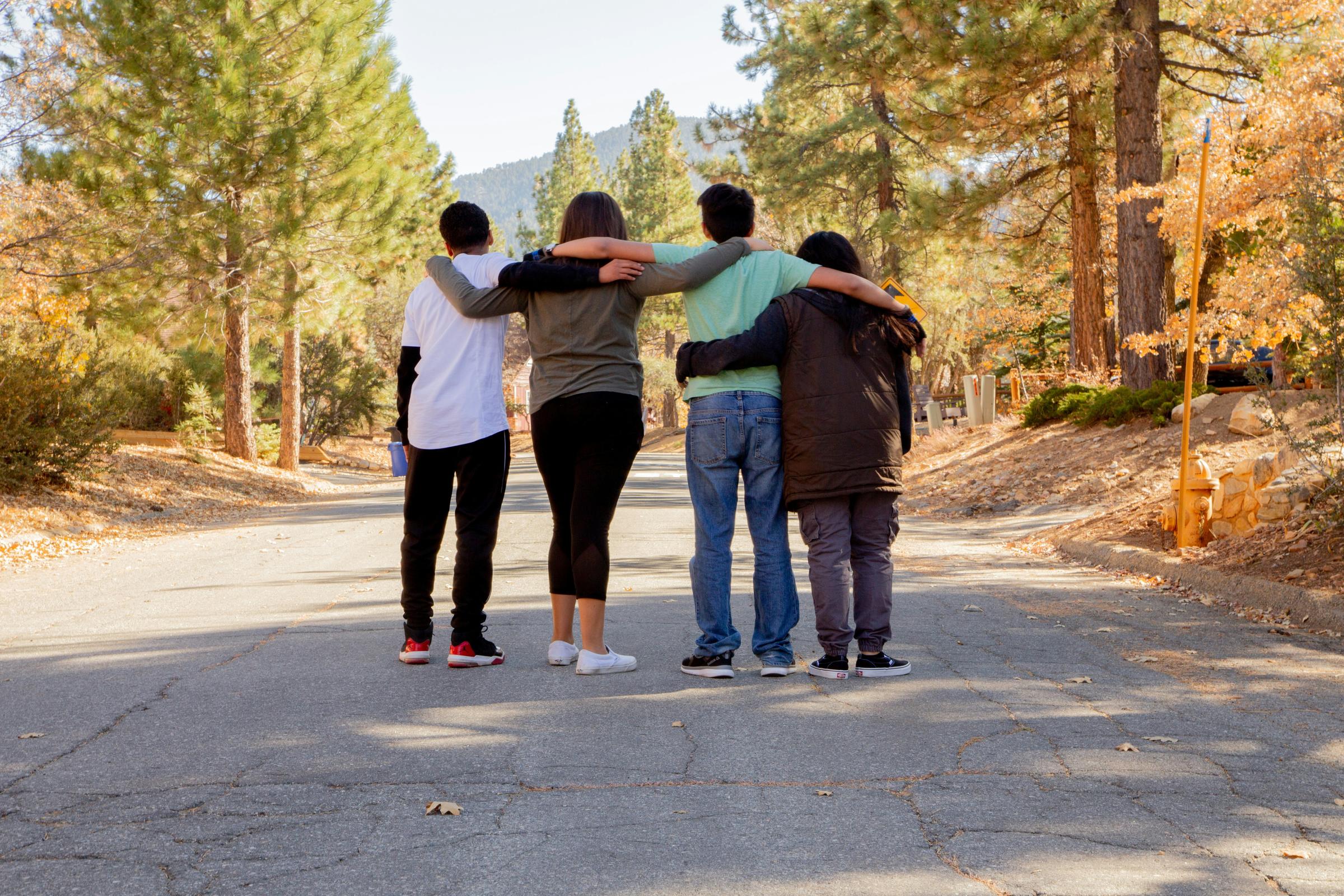
Raising Kind Teens in a Complex World
In a world where young people are constantly juggling academic pressure, social expectations, and the ever-evolving digital landscape, one quality remains essential: kindness.
At school, we see firsthand how a simple act — a friendly word, a helping hand, or even a warm smile — can turn someone’s entire day around. These moments might seem small, but they don’t happen by accident. Kindness is something young people learn through observation and experience — and the most powerful influence comes from home.
As parents and caregivers, you are your child’s first and most important teacher. The way you speak to others, handle frustration, manage disagreements, and even talk to yourself plays a huge role in shaping your child’s sense of empathy, respect, and compassion.
Kindness Is More Than Just "Being Nice"
True kindness isn’t just about being polite — it’s about noticing others, caring how they feel, and choosing to act with thoughtfulness. Teens who develop these skills are more likely to build healthy friendships, bounce back from challenges, and contribute positively to their communities. The good news? Kindness can be nurtured every day in ordinary moments.
Practical Ways to Foster Kindness at Home
Here are some simple, everyday ways you can help your teen grow into a kind, grounded human being:
Model it dailyHold the door, help a neighbour, say thank you — even small acts show your teen what it looks like to lead with kindness. Teens are always watching, even when they pretend they’re not.
Speak kindly — about others and yourselfThe way we talk — especially in frustration — teaches our children what respect sounds like. Positive self-talk also shows them that kindness isn’t just for others, but for themselves too.
Talk about feelings and perspectivesAsk questions like, “How do you think your friend felt when that happened?” or “What would you want someone to do if they were in that situation?” These conversations build emotional intelligence and empathy.
Celebrate kindness when you see itNotice and name it: “It was kind of you to wait your turn” or “I saw how you included that new student — that was thoughtful.” Specific praise makes those values stick.
Encourage small acts of givingWhether it’s helping out at home, writing a thank-you note, or doing something kind for a friend, these small actions give teens a sense of purpose and show that they have the power to make a difference.
Reflect togetherMake kindness a regular part of your conversations. At dinner or bedtime, ask: “Was there a time today when you showed kindness?” or “Did someone do something kind for you?” Reflection builds awareness and intention.
Teach boundaries with compassionKindness doesn’t mean always saying yes or putting others’ needs before your own. Helping your teen set healthy boundaries — while still being respectful — is a vital part of raising emotionally aware, kind individuals.
Kindness Starts at Home
Raising a kind teen doesn’t mean having all the answers or getting everything right. It’s about showing up with consistency, compassion, and connection — even in the messier moments.
At our school, we are committed to building a culture where every student feels seen, supported, and valued. But this work doesn’t start in the classroom — it begins in the everyday rhythms of family life. When kindness is lived and modelled at home, it becomes second nature in the world beyond.
Let’s work together to raise a generation that leads with heart — one small act of kindness at a time.
Looking for Support?
EACH - Health Services 1300 003 224
These services are free or low-cost.
93 Boronia Rd, Boronia
Youth Mental Health Services 9298 8469
headspace 1800 650 890
Safe Steps Family Violence Response Centre 1800 015 188 (24 Hours)
1800 Respect 1800 737 732 (24 Hours)
Nurse on Call 1300 60 60 24
The Butterfly Foundation 9822 5771
FriendLine 1800 424 287
24/7 Mental Health Hotlines:
Kids Helpline 1800 55 1800
Lifeline - Call 13 11 14, text 0477 13 11 14 or chat online.
Suicide Call Back Service 1300 659 467 or suicidecallbackservice.org.au
Beyond Blue 1300 22 4636
Student Wellbeing Team
Email: wellbeing@wantirnacollege.vic.edu.au
Chelsea Collings - Leader of Wellbeing
Guiseppe Relia – Wellbeing Counsellor
Sanela Avdic - Wellbeing Counsellor
Talea-Jane Simpson – Wellbeing Counsellor
Tajinder Wulff - Mental Health Practitioner 7-8
Lea Marrison - Mental Health Practitioner 9-12

